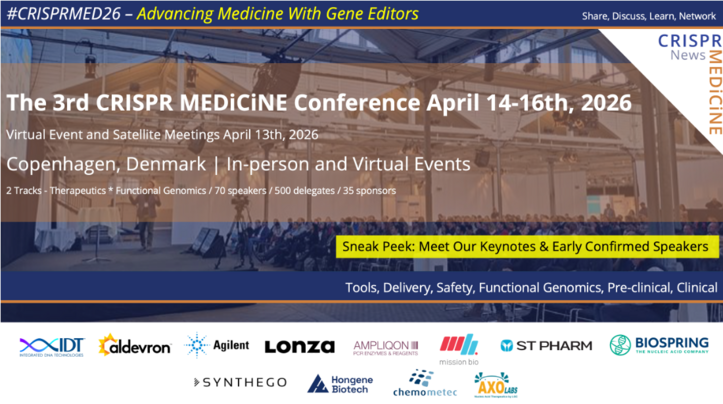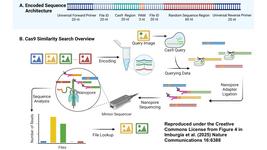A Safer, Stable Alternative to Universal CAR T Cells
In the study, CRISPR-Cas9 technology was employed to generate CAR T cells, which were then subjected to CRISPRroots transcriptome analysis to confirm effective gene knockout and ensure no unintended off-target effects. The generated universal CAR T cells demonstrated potent lytic activity against tumour cells while exhibiting a reduced cytokine secretion profile. These findings were validated through comprehensive in vitro experiments.
This innovative method, which uses the CRISPRroots pipeline to enhance the reliability and safety of gene editing, holds the potential to produce more stable and persistent CAR T cells with reduced adverse effects compared to traditional autologous CAR T cell therapies. The study emphasises the importance of a defined memory phenotype in the stability and efficacy of CAR T cell treatments.
The study was led by Karim Benabdellah, who is affiliated with Pfizer-University of Granada-Andalusian Regional Government Centre for Genomics and Oncological Research (GENYO), Granada, Spain. It was published yesterday in Frontiers in Immunology.
To get more of the CRISPR Medicine News delivered to your inbox, sign up to the free weekly CMN Newsletter here.
Tags
CLINICAL TRIALS
Sponsors:
Suzhou Maximum Bio-tech Co., Ltd.
Sponsors:
Zhejiang University







